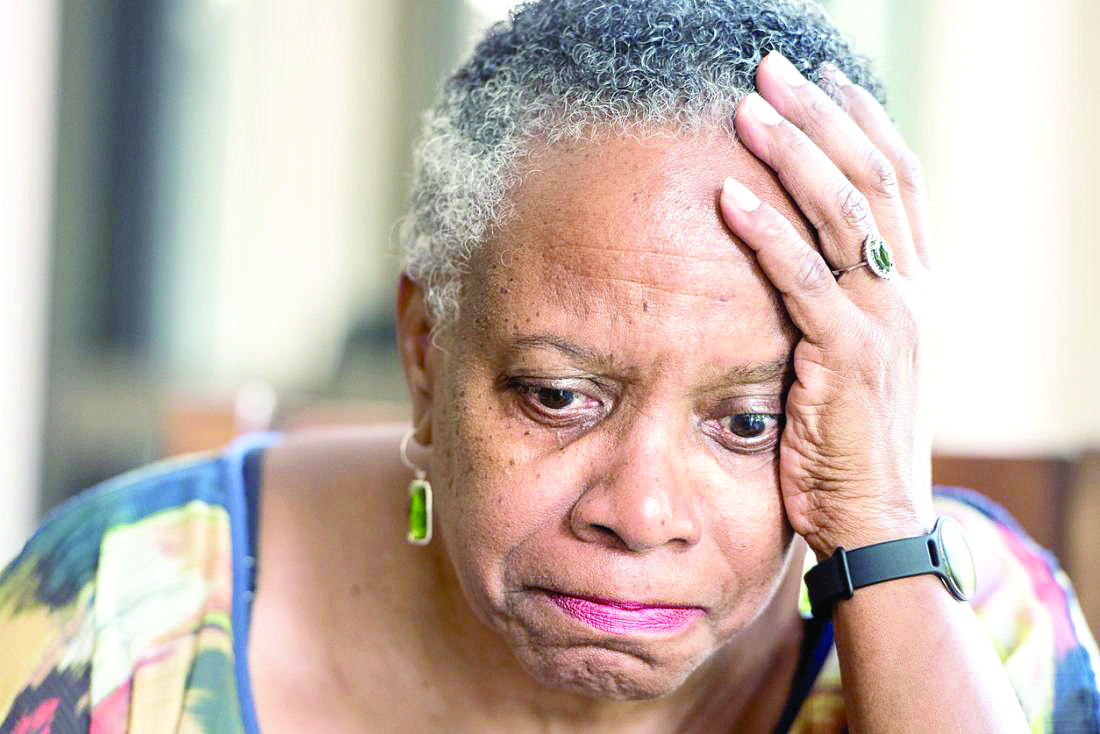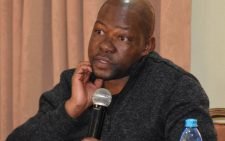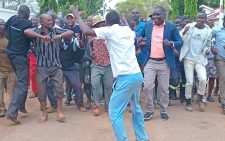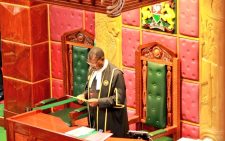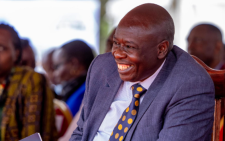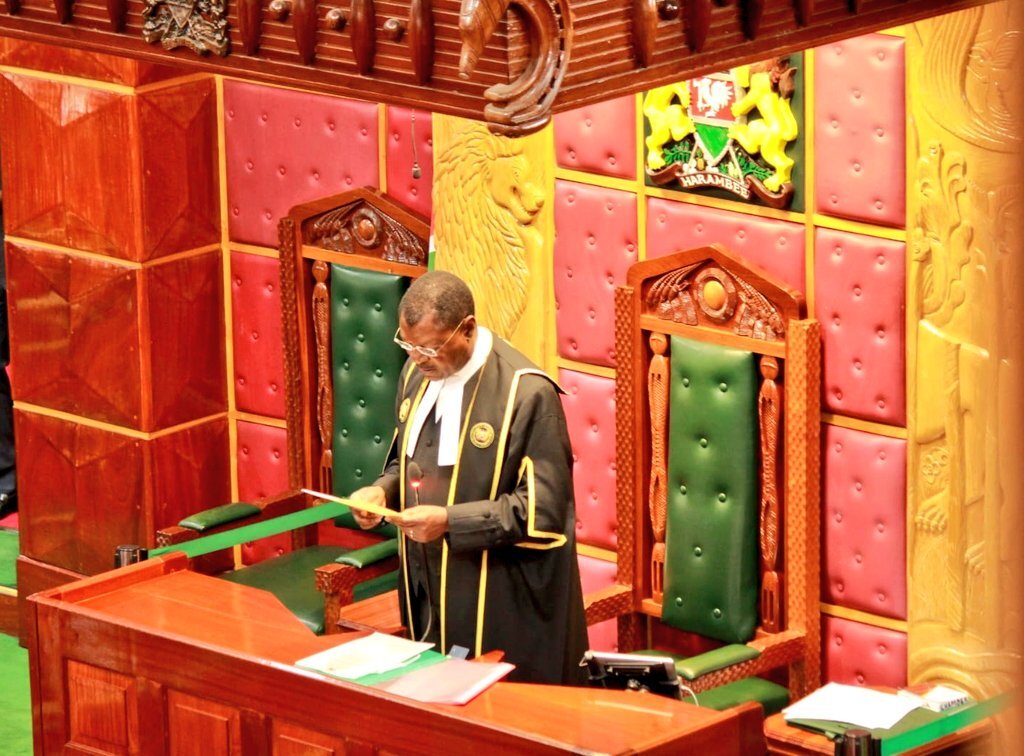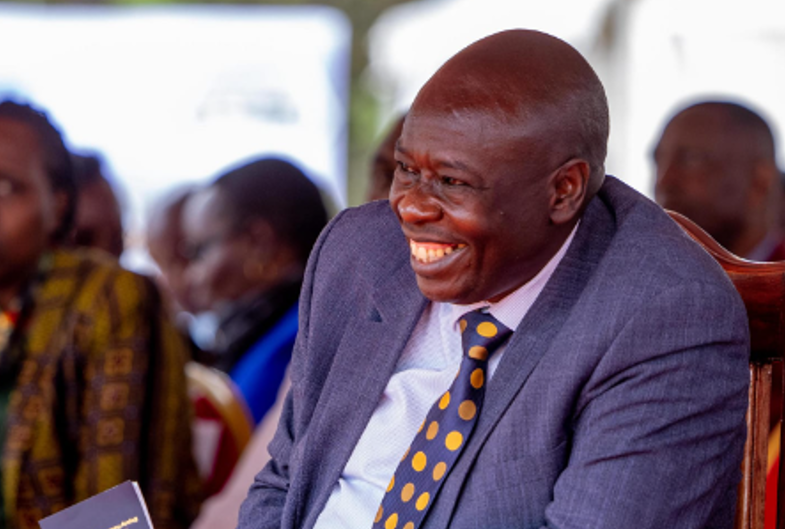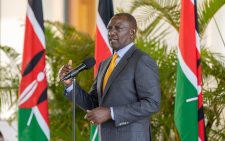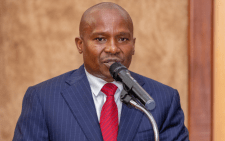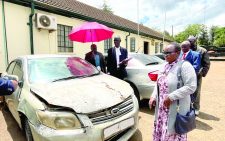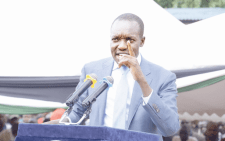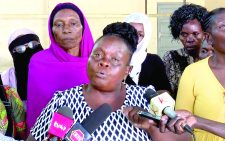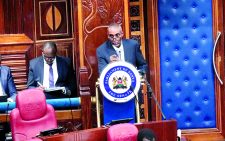In a community in lower South Eastern Kenya, when a loved one in their active age begins forgetting the faces of family members, directions to their home and becomes exceedingly indifferent towards activities they once loved such as farming, they are thought to be bewitched.
Often, the family self-isolates and the community unwittingly gives the strange condition a derogatory, stigmatising name, essentially blocking attempts to seek answers.
“Dementia affects many people in Makueni, Nziu, but there is not enough sensitisation in our rural setting to start regarding it as a mental condition as opposed to a spiritual affliction,” said Tarah Beatrice, head councillor, Makueni Referral Hospital.
“Most people often go to see a witch doctor, a decision that derails the treatment of dementia. They call it Thinga’i a word that insinuates someone who left the village for greener pastures ‘on a high’ only to come back and fall sick. Nobody likes to be associated with it,” she added.
Prevalent stigma, disease illiteracy, deficient specialised facilities, and personnel, together with the absence of county policies on dementia care are among the overriding factors negatively impacting the detection, treatment, and post-diagnostic care of dementia in rural Kenya.
Dementia is caused by damage to the brain cells often manifesting in a decline in memory, language, behaviour, problemsolving, or thinking skills.
Harm to the cells is usually severe enough to reduce a person’s ability to perform everyday activities such as working and socialising according to Alzheimer’s Dementia Organisation Kenya (Adok).
The primary causes of dementia include Alzheimer’s disease ,which is the leading cause in the country. Other causes include Lewy Bodies (DLB), vascular dementia, and frontal temporal dementia.
Other causes of dementia include excessive alcohol intake, HIV, poor diet, and some viral infections. Those above 60 years are at great risk of developing dementia, although it is not an obvious outcome of aging. There is no known cure for dementia to date.
Rural scenario
In rural Kenya, the disease, looms large, destabilising lives and causing upheaval. Disease awareness among health personnel is next to unavailable or distorted altogether, driving residents to faith healers and traditionalists.
Nearly all 20 neurologists in the country are located in Nairobi where crucial diagnostic tests also lie. This state of affairs severely impedes disease management in far-flung areas.
Dementia is poised to affect 139 million people globally in 2050, according to the World Health Organisation (WHO). The rate of undiagnosed cases in lowmiddle-income countries is estimated to stand at 90 percent against a global rate of 75 percent.
“These days, the social fabric is not there because a lot of people have moved away to the cities to fend for themselves leaving the elders in isolation, the loneliness could be one of the causes of dementia in rural areas,” said Beatrice.
“Also, the old go through a lot of life challenges unlike in the older days. They are more stressed now and such trauma may lead to dementia,” she added.
Beatrice says that the hospital lacks a neurologist, but has a resident, therapist, and psychologist in the mental health department, in which dementia resides.
“Because the disease is not very well known, caregivers have not formed a support group and everyone just manages on their own. The implication is the caregivers become overwhelmed and sometimes do not know what to do,” Beatrice further said.
Makueni was among the first counties to integrate mental health into its primary health care services and allocate a budget for that cause.
Kisumu is the only other devolved unit with an approved mental health budget.
A state of confusion
Esther Kisilu 58, was a primary teacher in Kathonzweni before she began experiencing confounding mental distress. In April this year, she was diagnosed with dementia and depression.
“I began getting sick when my husband went to prison in 2010. I think a lot and get confused as well. I do not leave the house, I only move within the home because I am not well,” Kisilu told People Daily in a phone interview.
Kisilu’s speech comes out delayed as she puts up a battle to align her thoughts and select words from the whirlwind state of mind. She says she taught CRE and another subject that dementia has robbed from memory. Her husband, Josephat Kisilu, who owns fragmented details of the onset of her condition owing to time spent in incarceration says the primary teacher began complaining of raging thoughts and insomnia.
“They began treating her for ulcers, then depression, eventually the ulcers were ruled out and they said she had dementia. My brothers moved around looking for treatment, she was only diagnosed this year since 2012,” said Kisilu.
Her husband adds that keeping up with the treatment has been a daunting task on account of the financial implication. Kisilu is presently off medication even as her condition continues to deteriorate.
Anti-stigma toolkit
In 2018, Africa Mental Health Research and Training Foundation (AMHRT), an NGO based in Nairobi participated in a project dubbed Strengthening Response to Dementia (STRiDE) in Makueni to create awareness, change attitudes, and influence the development of a dementia national policy.
The project led to the development of an anti-stigma toolkit that was piloted in the same county by trained Community Health Volunteers (CHVs).
“After the toolkit was piloted in the community through CHVs, people began perceiving dementia as a disease that needs intervention. They remarked that the government needs to step in and assist,” said Dr Christine Musyimi, lead researcher, AMHRT.
The choice to pilot the project in Makueni was informed by the steady cases of the mental condition in the community.
“We will soon be screening 2400 old people aged 60 years and above for dementia to assist in dementia detection and screening,” she said.
She continues, “Screening is to provide evidence on the probable number of individuals aged 60 and above with dementia for policy and strategic action and highlight the importance of early diagnosis and treatment while promoting access to quality care,” said Dr Musyimi.
This will be the first major exercise to map out the extent of the disease in the country and stakeholders involved hope to scale it upon receiving more financial support.
“Soon we shall have a national dementia plan, which will be the first in Africa. The plan will allow the country to prioritise dementia care and map out how the disease will be addressed holistically,” she said.

